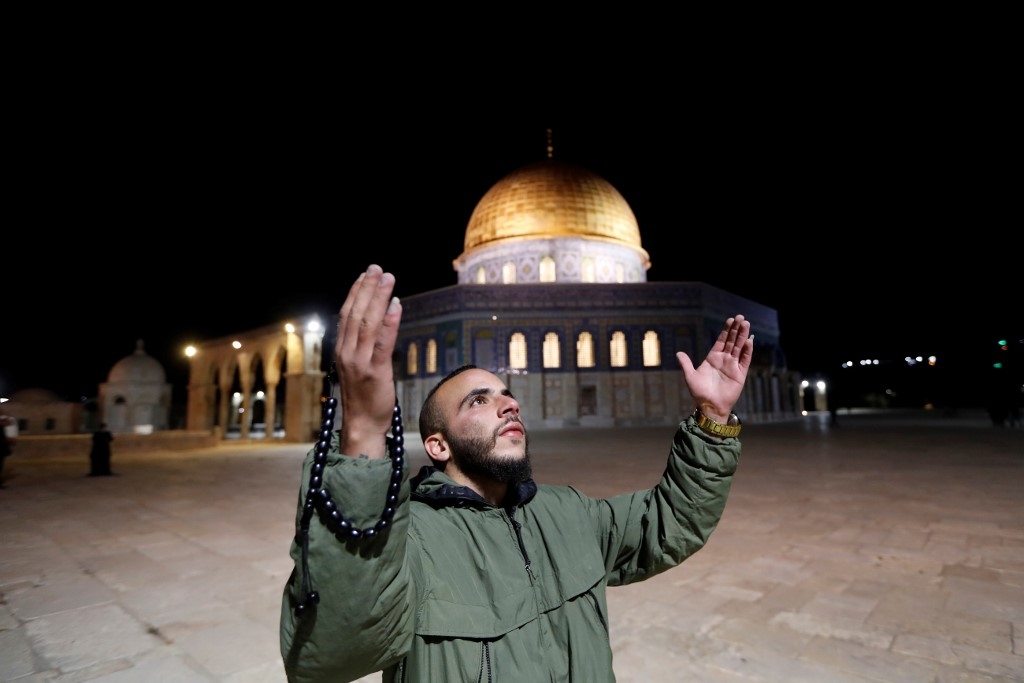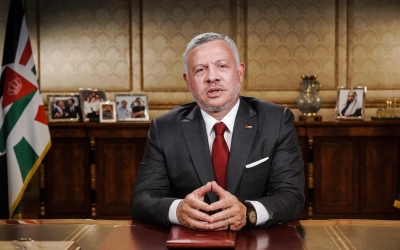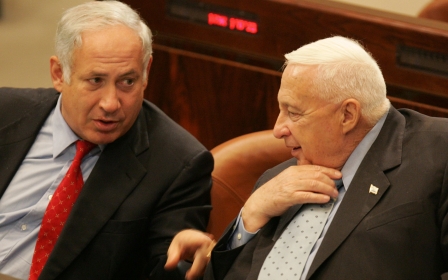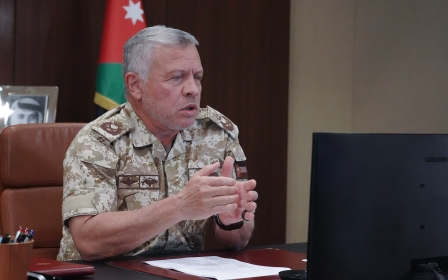Saudi Arabia seeking representation in Jerusalem's Al-Aqsa endowment: Report

Israel and Saudi Arabia have been engaged in secret talks since December to include Saudi representatives in the management of the Al-Aqsa Mosque compound in occupied East Jerusalem currently under Jordanian custodianship, an Israeli newspaper reported on Monday.
According to the Israel Hayom, Jordan, which has managed the Jerusalem Islamic Waqf - or endowment - since 1948, has objected to changing the composition of the Waqf for years. However Amman has changed its position allegedly amid increased “Turkish interference”, the paper said, citing Saudi diplomatic sources.
The talks have reportedly taken place within the context of US President Donald Trump’s controversial Israel-Palestine plan, known colloquially as the “deal of the century”, the diplomats said.
“These talks are sensitive and clandestine and have been conducted by small teams of diplomats and security officials from Israel, the US, and Saudi Arabia as part of the Trump administration's Peace to Prosperity Middle East initiative," senior Saudi diplomats told the paper.
According to one source, Jordanian authorities have for years rejected any changes in the composition of the Waqf council that manages the Al-Aqsa Mosque and Dome of the Rock holy sites.
But due to “intense Turkish interference”, Amman has changed its position, the newspaper's sources claimed.
Israel Hayom did not quote any Jordanian officials in its story.
Saudi 'observer' status
The increased Turkish presence, the paper claimed, has prompted the Hashemite Kingdom to accept Saudi representation in the Waqf, on the conditions that Jordan would retain its exclusive status as the custodian of the holy sites, and that Saudi Arabia fund Islamic organisations in East Jerusalem while expelling those funded by Turkey.
One Arab diplomat, however, told Israel Hayom that Jordan has no intention to renounce its status in the Waqf.
“It's still too early to say whether this initiative will indeed come to fruition. The intention is for the Saudi representatives to function strictly as observers, so as not to detract from the Jordanians' exclusive status."
Israel and the US would support an increased Saudi role because they need its backing for the Middle East plan, the diplomat added.
Since Mohammed bin Salman, the son of Saudi King Salman, acceded to the role of crown prince, the Gulf kingdom has undergone a significant, if not always openly acknowledged, normalisation of relations with Israel.
Palestinians and their supporters oppose "normalisation" efforts with Israel, arguing that diplomatic pressure is an essential tool to get Israel to put an end to its occupation of Palestinian territories and violation of human rights.
Middle East Eye delivers independent and unrivalled coverage and analysis of the Middle East, North Africa and beyond. To learn more about republishing this content and the associated fees, please fill out this form. More about MEE can be found here.





